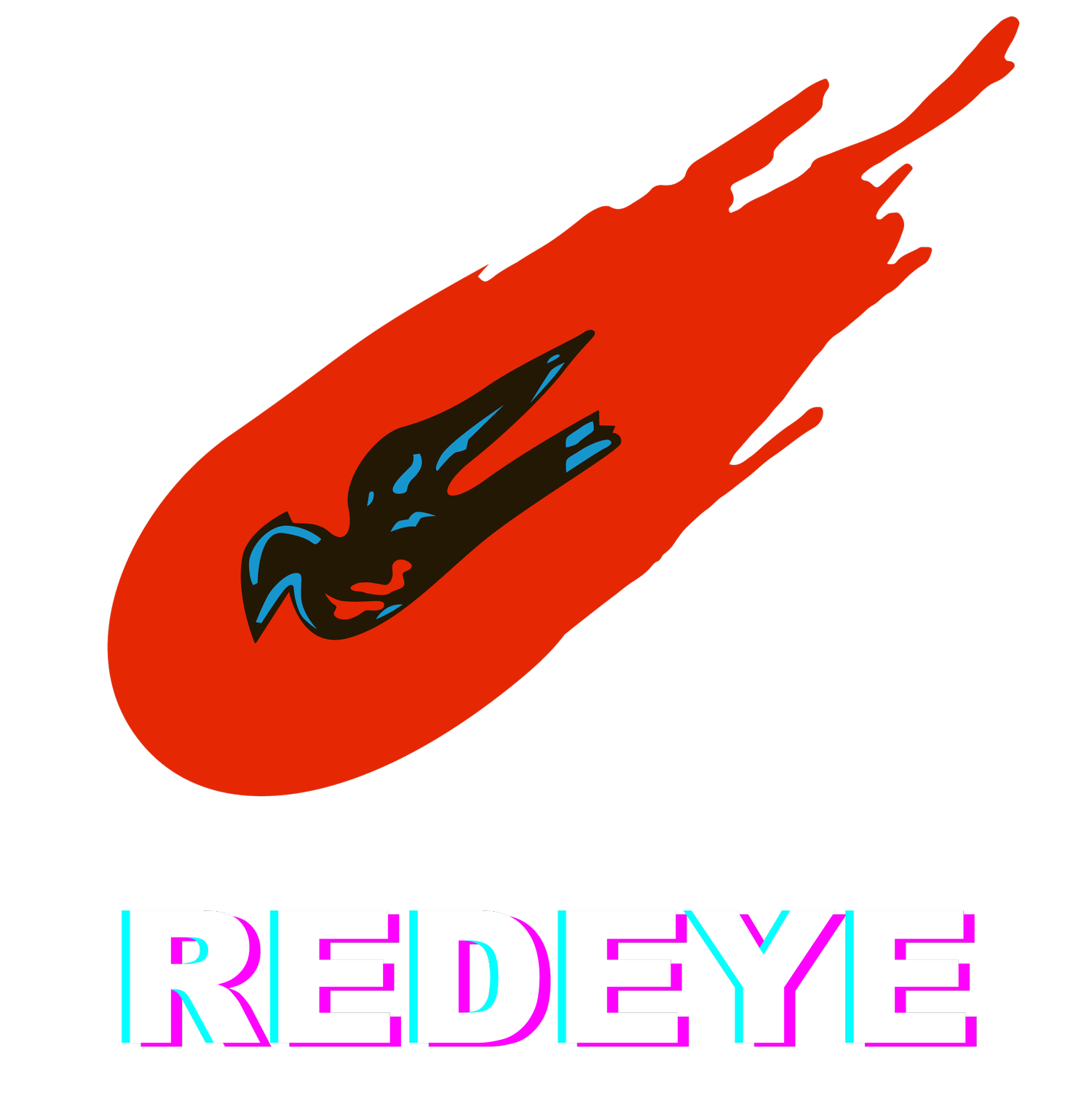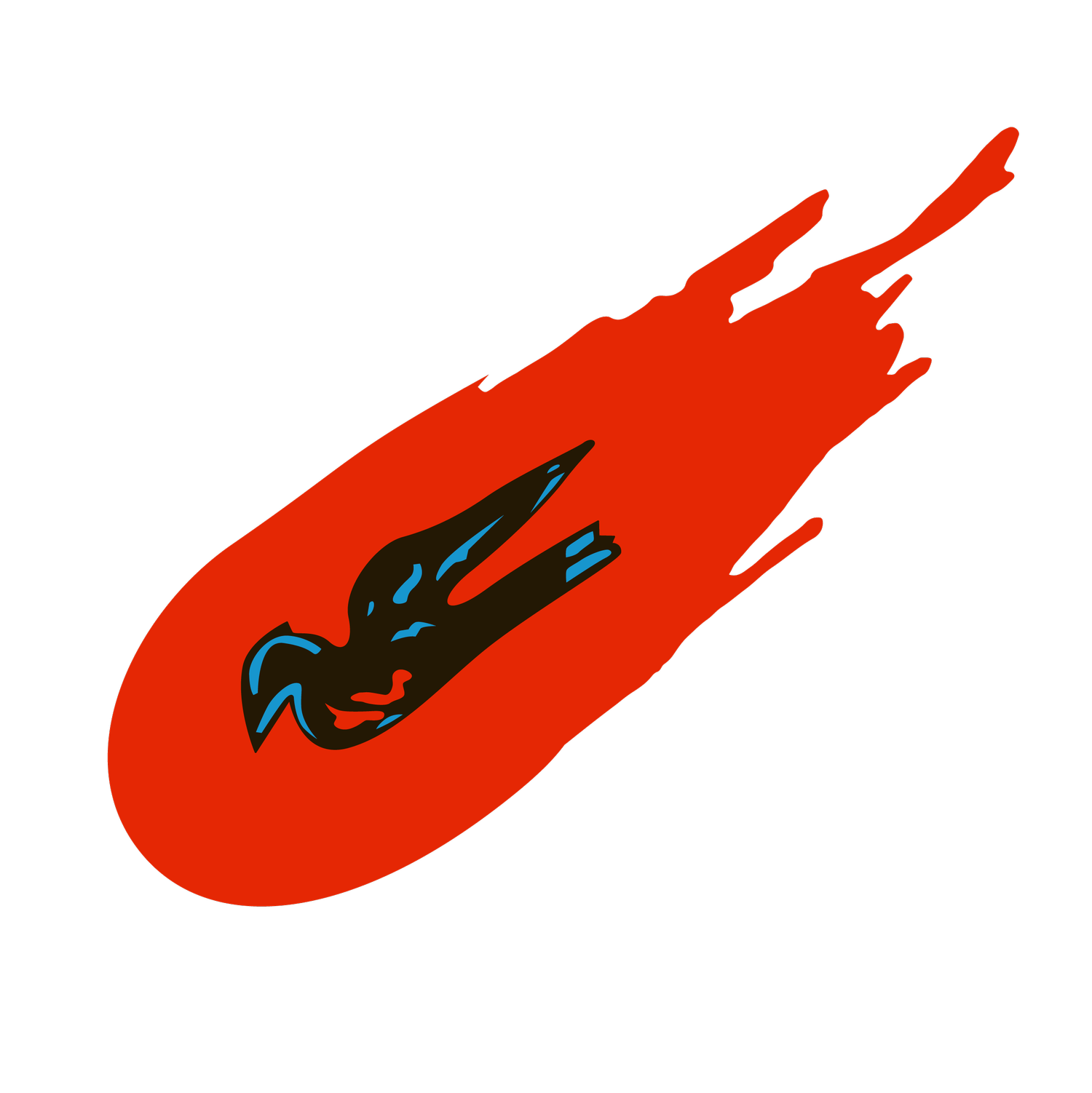
A fresh momentum in action dramas
Wùlu
More than just the ‘Malian Scarface’
WULU is often presented to audiences as the ‘Malian Scarface’. But an overzealous emphasis on its white counterpart often leads us into a trife comparison. These films may share a rag to riches story catalysed by drugs, but they diverge in almost every other way. Scarface is a great movie in its own right - but it offers Hollywood’s obsession for the excessive. Whereas, Wùlu gives us a stark reality of Ladji’s (played by Ibrahim Koma) choices to get to the top. With flashes of absurdism, we’re caught off-guard with Ladji’s dissociation from a world far removed from humble beginnings.REDEYE’s review explores Wùlu outside of its action drama box. A bustling Malian setting, ‘started from the bottom now we here’ energy and an unfurling genre is captivated in sound by Just JJ and in words by Tilly Long.Captivating the essence of Wùlu through African Blues & Folk
A playlist or soundtrack to a film can shift a vibe completely - from a breezy poolside BBQ with the elite socialites, to a daunting and surreal puppet-dominated flashback. Not only can it exacerbate tragedy but it heightens curiosity and poetically captures the complexity of emotions characters are feeling. JJ presents a playful invitation as a response to Wùlu. He takes us through his review of Wùlu using music and sound as a lens.
What were you thinking about when you curated the playlist?
With Wùlu being a powerful and thought-provoking drama that captures the essence of ambition, survival, and the complexities of contemporary African society. I wanted the playlist to reflect that, featuring records from artists like Fela Kuti, Ali Farka Tourè and Bonga. I wanted the listeners to get a sense of the portrayal of the human condition and the choices individuals make when faced with difficult circumstances.I think the playlist captures the vibrant and colourful backdrop of Mali in Wùlu. And compliments the beauty and challenges what the film presents to the viewer.How would you describe your playlist?
The playlist can be best described as a blend of traditional West and East African sounds, specifically from the Songhai and Bambara cultures, with elements of blues, folk, and desert blues. A lot of the sounds feature intricate fingerpicking style and melodic rhythms, often incorporating repetitive patterns that create a hypnotic effect. The playlist is both intimate and expansive - captivating simplicity and deep spiritual resonance that transports listeners to the ‘Motherland’.
What did you want people to think about when listening to your playlist?
I didn’t want people just to think when listening to the curated playlist but to be immersed in the unique sounds and cultural contexts represented in the music. I wanted people to be drawn into a sonic journey that transports them to the vibrant landscapes, traditions, and rhythms of Africa. I wanted listeners to marvel at the virtuosity, intricate guitar work, and the complex arrangements that help to characterise the characters within Wùlu. These records evoke strong emotions which I wanted the listeners to connect with these emotional expressions and find solace or inspiration in the playlist.Detaching for Survival
Wùlu is a fresh momentum in action dramas. Its ambitious protagonist Ladji moves in transit (literally) from a rags to riches trajectory. Although quiet and stoic, Ladji is constantly reminded of the destruction left in his wake, as the inevitable death toll rises in adrenaline-fueled drug running ventures to and from Senegal. In scenes of human violence, the camera cuts to a slaughterhouse, striking in its thematic juxtaposition. Similarly, the film’s gaze seems to position Ladji as a passive figure of hypermasculinity; only women are shown as being sexual agents. In particular his sister, Aminata, a sex worker who understands how to convert social assets to social capital to rise through more elite ranks.
Despite the increasing status and protection the pair manage to gain, their modest self perception echoes the inescapability of their previous lives: “I’m the whore and you’re the dog”. This is also reinforced by Amanita’s detachment from her heritage. The only genuine African artefacts are ironically seen in a Westernised boutique she looks in to buy an expensive purse.
Passive Agents of Capitalism
Discourses about post-colonisation and globalisation are also present in the dominance of the European white male bosses whom Ladji must answer to. It is a given that most characters speak French (which remained the official language even after gaining independence), as opposed to Bambara, the Malian language. As Wùlu is set building up to the country’s 2012 Civil War, director, Daouda Coulibaly, may be commenting on the dangers of those nonconformists who strive for self betterment. Although his central characters manage to obtain the wealth they lust after, it's hard not to observe the cyclical nature of capitalism. This renders them cogs in a machine that can spit you out at any given moment. Everyone is disposable and replaceable in a business of chaos. 




